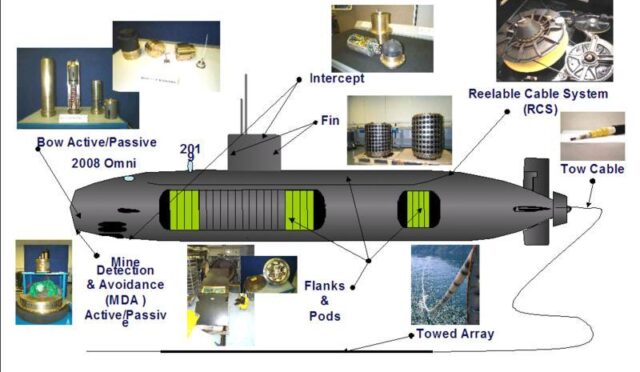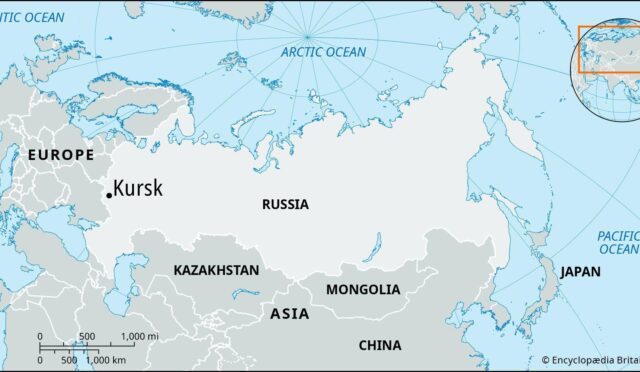Spain Cancels Arms Contract with Israel Amid Controversy
On Thursday, Spain canceled its contract for the purchase of bullets from the Israeli firm IMI Systems, following pressure from the far-left coalition partner of the Socialist-led government. This decision has been met with swift condemnation from Israel, highlighting the escalating tensions between the two nations.
Spanish Prime Minister Pedro Sanchez, known for his strong criticism of Israel’s military actions in Gaza, initiated the cancellation after the conflict intensified following Hamas’s attack on October 7, 2023. The contract, valued at approximately 6.8 million euros ($7.8 million), aimed to supply ammunition to Spain’s Civil Guard police force.
Pressure from Coalition Partners
The Spanish Interior Ministry had initially sought to terminate the arms deal but later backed down after receiving legal advice against the cancellation. This was due to the advanced stage of the contract processing and potential financial repercussions for Spain if the deal was scrapped without receiving the goods.
Following the halted cancellation, the far-left Sumar party, a junior partner in Sanchez’s coalition, expressed outrage, accusing the government of violating a commitment to halt arms sales to Israel. Party leaders emphasized that Spain should not be contributing to the armament of a government they accuse of committing atrocities against the Palestinian population.
Decision to Unilaterally Terminate the Contract
Despite the earlier decision to maintain the arms contract, government sources later indicated that the agreement would now be terminated unilaterally. The investment board for dual-use materials stated they would deny the Israeli company permission to import the ammunition, citing reasons of general interest.
Deputy Prime Minister Yolanda Diaz remarked that she had personally negotiated with both the interior minister and the prime minister to ensure the cancellation of the contract, asserting that Spain could not morally justify purchasing weapons from a state she claims is responsible for massacres.
Israel’s Response to Contract Cancellation
Israel’s government responded vehemently to Spain’s decision, denouncing it as a political move sacrificing security for political goals. The Israeli Foreign Ministry expressed that Spain was taking a side against the Jewish state during a time of conflict.
They argued that such a stance places Spain on the ‘wrong side of history’ by not supporting a nation defending itself against terrorist attacks. The diplomatic rift highlights the complexities of international relations in the wake of ongoing violence in Gaza.
Implications for Spain’s Defense Strategy
This controversy comes at a time when Spain is facing increased pressure to raise its defense spending in line with NATO commitments. Recently, Sanchez announced plans to elevate defense expenditures to 2% of Spain’s GDP this year, a target originally set for 2029 but expedited under U.S. influence.
The government has faced challenges passing legislation following the coalition’s formation, particularly with partners who traditionally oppose NATO’s stance and alignment with U.S. foreign policy.
Opposition Criticism of the Government’s Decision
The decision to cancel the contract sparked criticism from the main opposition party, the conservative Popular Party (PP). Party leader Alberto Nunez Feijoo questioned the implications of breaking an international contract and inquired about who would bear the financial burden of this cancellation.
Feijoo emphasized the importance of upholding contracts between nations, suggesting that failure to do so may have significant diplomatic and financial repercussions for Spain.
Humanitarian Crisis in Gaza
The context of this arms deal cancellation is compounded by the dire humanitarian crisis unfolding in Gaza, with the death toll surpassing 50,000 people as reported by health authorities in the region. Local officials attribute these deaths primarily to the ongoing military operations conducted by Israel.
The conflict has elicited a global response, including a warrant issued by the International Criminal Court for Israeli Prime Minister Benjamin Netanyahu, on charges of war crimes linked to the violence in Gaza.
Impact of the Hamas Attack on Civilian Life
The Hamas attack on October 7 led to significant civilian casualties in Israel, with a reported 1,218 deaths and numerous hostages taken. The attacks have been characterized by international observers as a severe escalation in violence.
As the situation continues to unfold, the international community remains divided on responses, with Spain’s latest decision illustrating the complexities of arms trade amidst a backdrop of humanitarian concerns.







